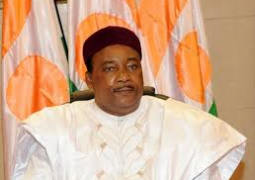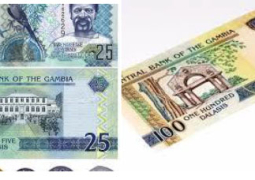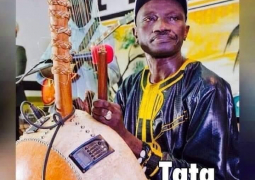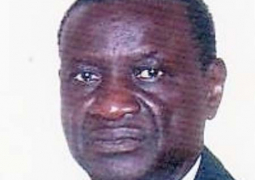
The Bretton Woods Financial Institutions (BWFIs), namely the World Bank and International Monetary Fund,date back to 1944 as part of post-World War II reconstruction efforts. The African continent was thrown into its owndecolonization and reconstruction efforts, leading to the establishment of the Organization of African Unity in 1963 and the AFDB in 1964. African Women had earlier established their own instrument of empowerment in 1962, the Pan-African Women’s Organization (PAWO).
System change of the BWFIs is long overdue, for being undemocratic in leadership selection and dominant worldwide. The United States of America and European countries select those who head them, to impose one-size-fit-all structural adjustment recipes on people who did not vote for them. When crises emerge, like disease pandemics, climate disasters and turbulent markets, the priorities are shifted to leave many behind.
On debt distress, for example, the former President of the World Bank,Mr. David Malpass, chose to blame the AfDB for irresponsible lending practices. Questionable given the AfDB’s triple AAA rating, issued by the very agencies notorious for rating Africa as a high-risk zone. Next was the unsuccessful interference with the election of the AfDB President for a second and final term. We are thus reminded of the necessity for democratic governance across the board, as a matter of principle.
The AfDB deserves to have its lending capacity strengthened; its funds replenished by its members and partners in solidarity; and the BWFIs to contribute in that regard, including with Special Drawing Rights (SDRs). It is the African continent’s Multilateral Development Bank, with its commercial spin-off, Africa50, for infrastructural development. One of the systemic ways is through democratic governance, based on the principles of equality and regional representation. This is in the spirit of the African Ezulwini Consensus aimed at changing the United Nations Security Council in like manner, with or without veto power.
Since AfDB operations started in The Gambia in 1974, it is said about 500 million US Dollars have been committed to “public sector infrastructure projects in agriculture, industry, water and sanitation, energy, transport, governance and the social sector (mainly education and health).” This could be much more, if duplication of overhead and activity expenditure by the BWFIs was avoided. Better late than never, with more value for the money from taxpayers faced with inequality challenges.
By the same token, this visit on the heels of a cost-of-living crisis reminds us of the need to establish a Gambian Development Bank. The people and their livelihoods need to take centre-stage, through their respective public and cooperative organizations, not just intermediaries.
Both nation and continent could also be better served with the effective presence of African Union Financial Institutions (AUFIs), namely the African Central Bank in Lagos, Nigeria, the African Monetary Fund in Yaounde, Cameroun, and the African Investment Bank in Tripoli, Libya. Maybe, a negotiated bid could bring the latter institution to Banjul, The Gambia, until peace and unity are restored, hopefully sooner than later. The AUFIs, AfDB, their national and sub-regional counterparts, are all needed to enhance integration through the African free trade area.





